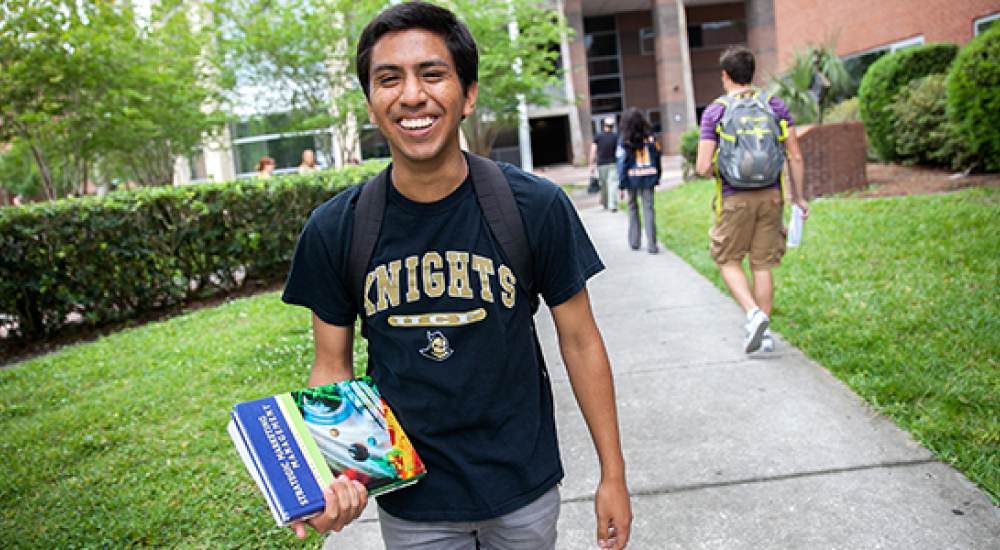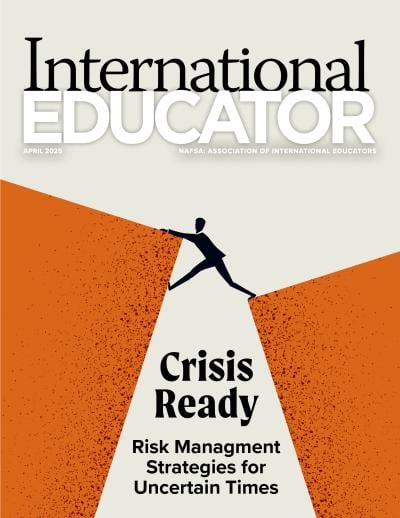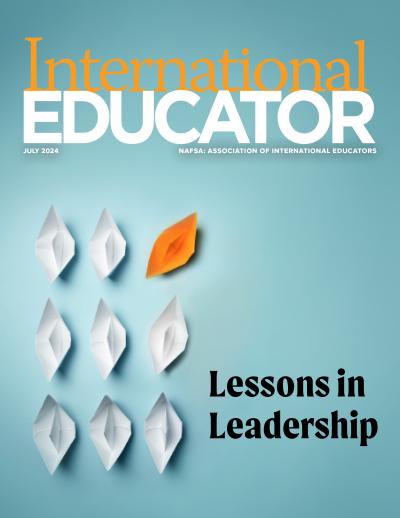The Path from Response to Recovery: Lessons Learned in Emergency Management
Julie Anne Friend’s job is to be prepared. As the director of Northwestern University’s Office of Global Safety and Security, she routinely imagines the worst-case scenarios. Before anyone had ever heard of the coronavirus (COVID-19), Friend had participated in three pandemic tabletop exercises, a practice that emergency managers use to work through how they would respond to various disaster-related situations.
Such exercises are more useful than just having emergency response plans in place, says William Huser, assistant vice president of New York University’s (NYU) Communications and Global Security Operations Centers. “While plans are...often a good reference during an incident, our experience tells us that no incident will unfold exactly as the plan anticipated,” he says.
Still, dealing with a real pandemic eclipsed the tabletop exercises Friend conducted in both speed and scale.
“You go to bed and then 8 hours later, there is a whole new set of facts to deal with,” she says of the initial response to COVID-19. “And all the decisions that you made the night before are completely irrelevant.”
Many of the plans that Friend and others conceptualize are created with hopes that they will never actually be needed. However, emergencies happen, whether it is an earthquake, hurricane, car accident, or epidemic. As the initial COVID-19 response has shown, preparation, execution, and reflection are key to shepherding staff and students through crises and building resilient international programs.
Making the Difficult Call to Bring Students Home
The decision to bring home students who are studying abroad is














